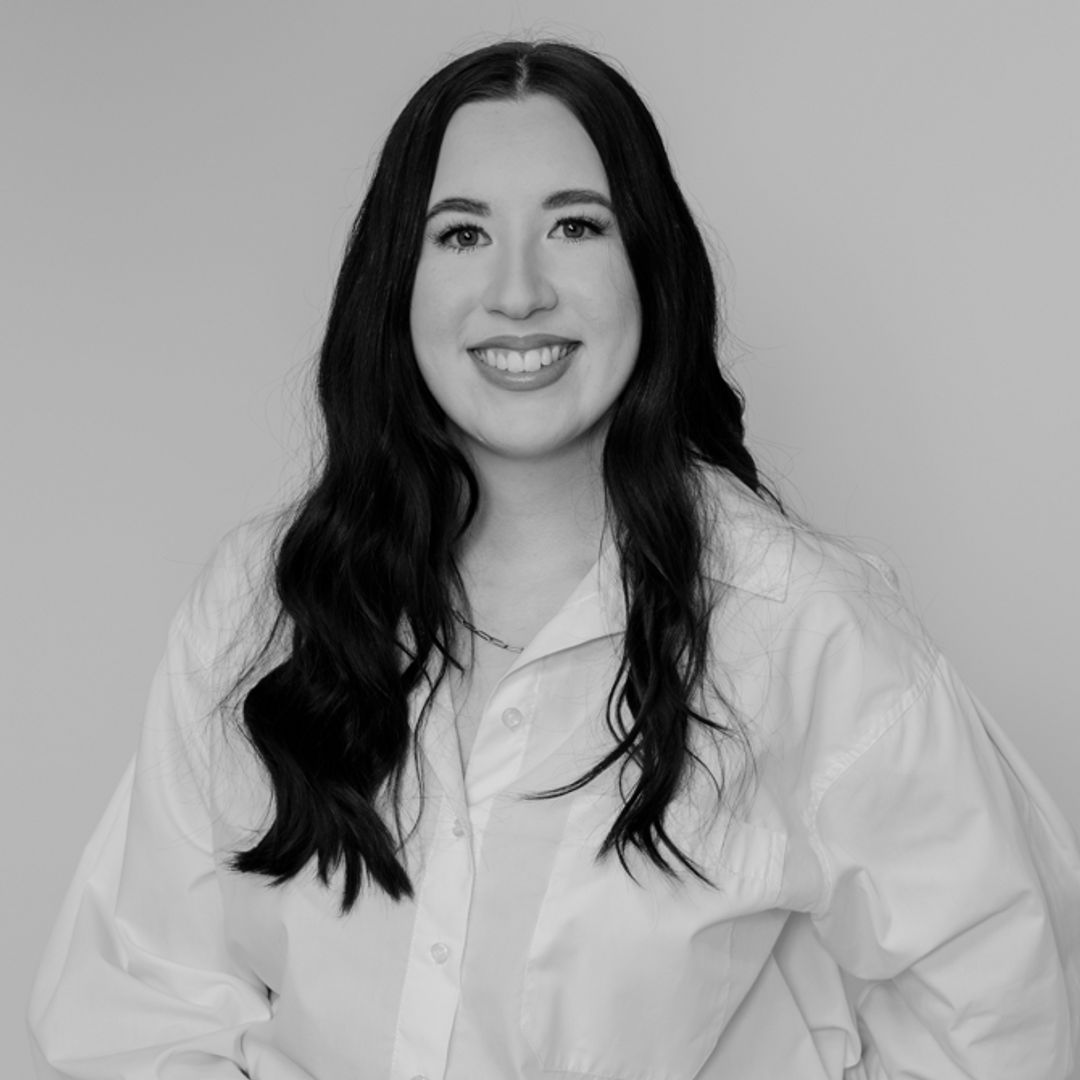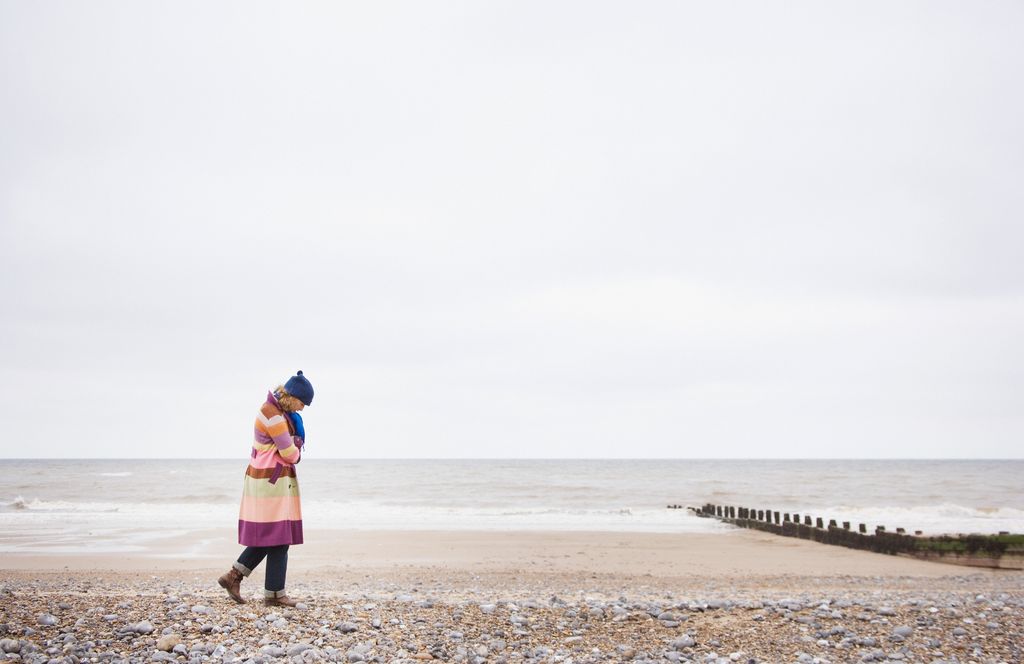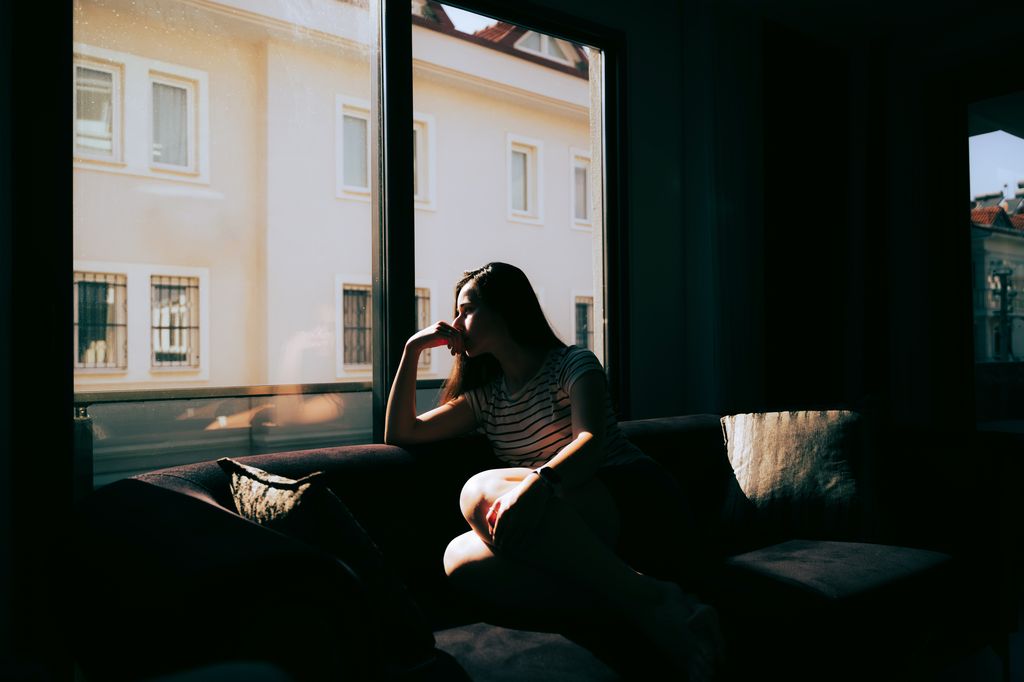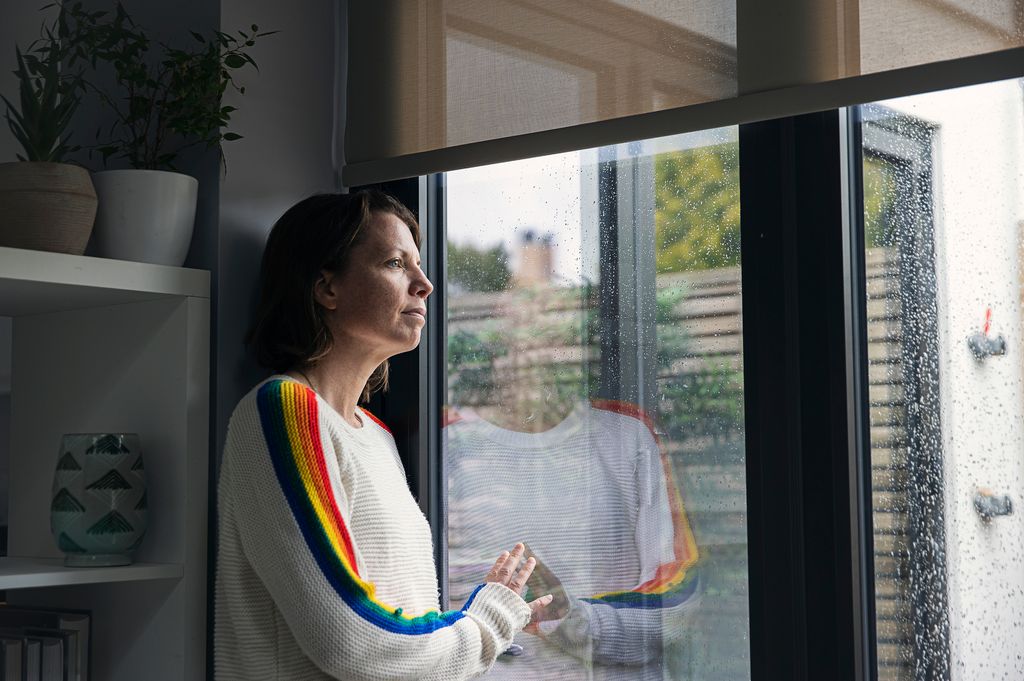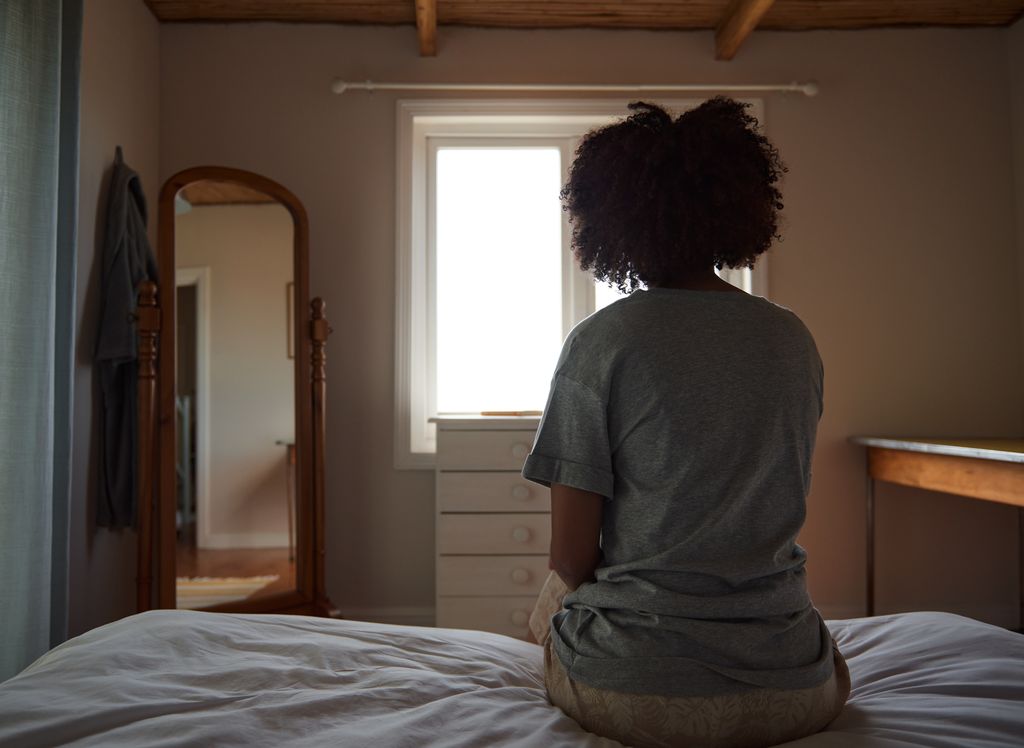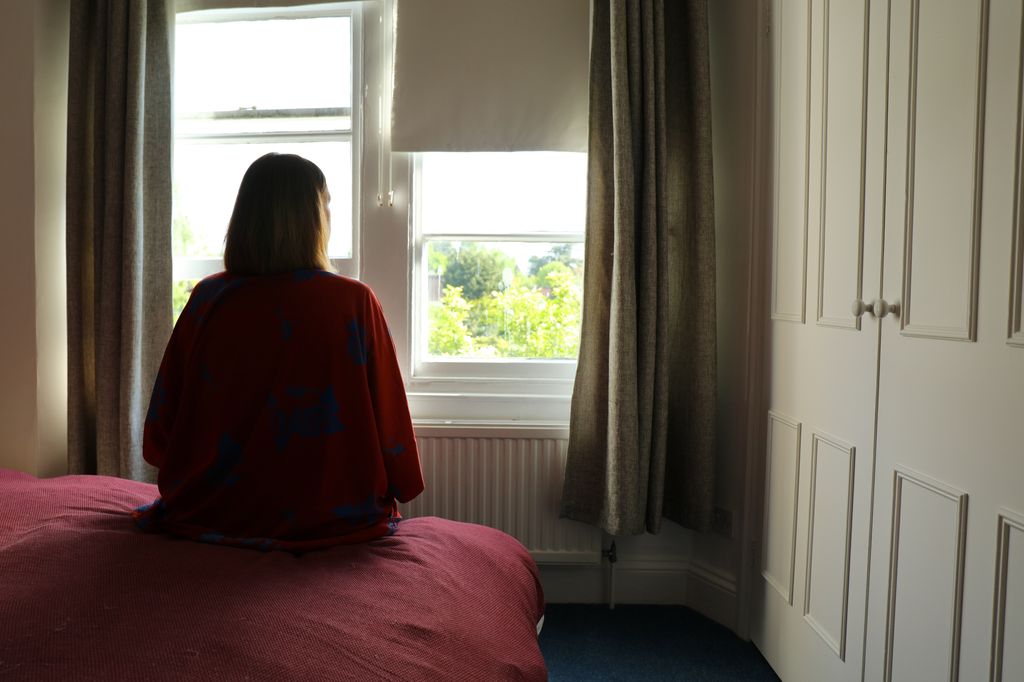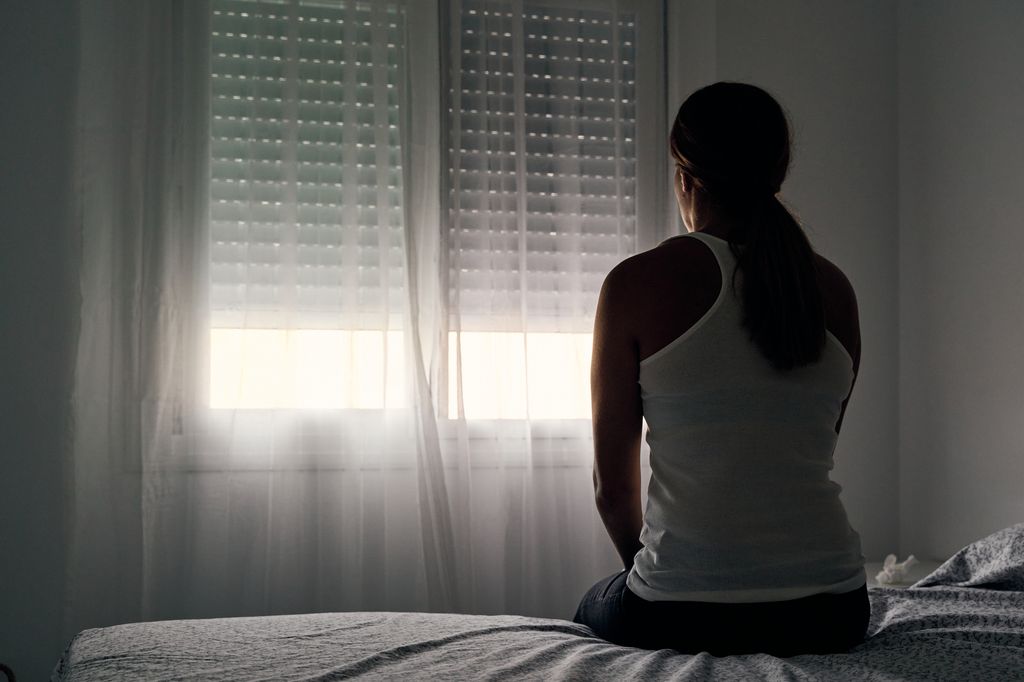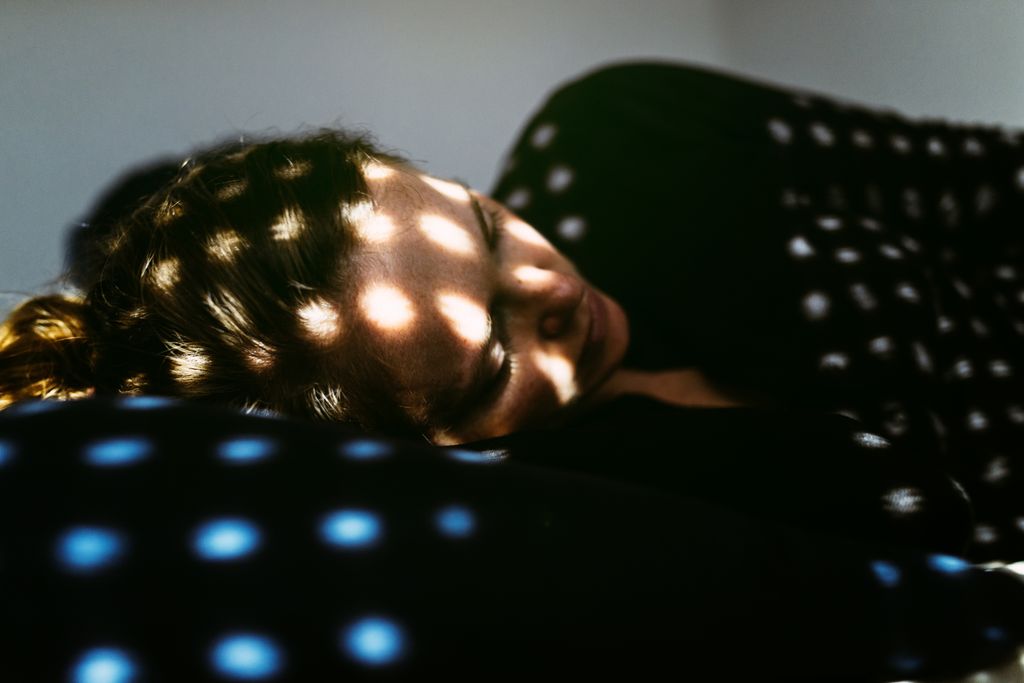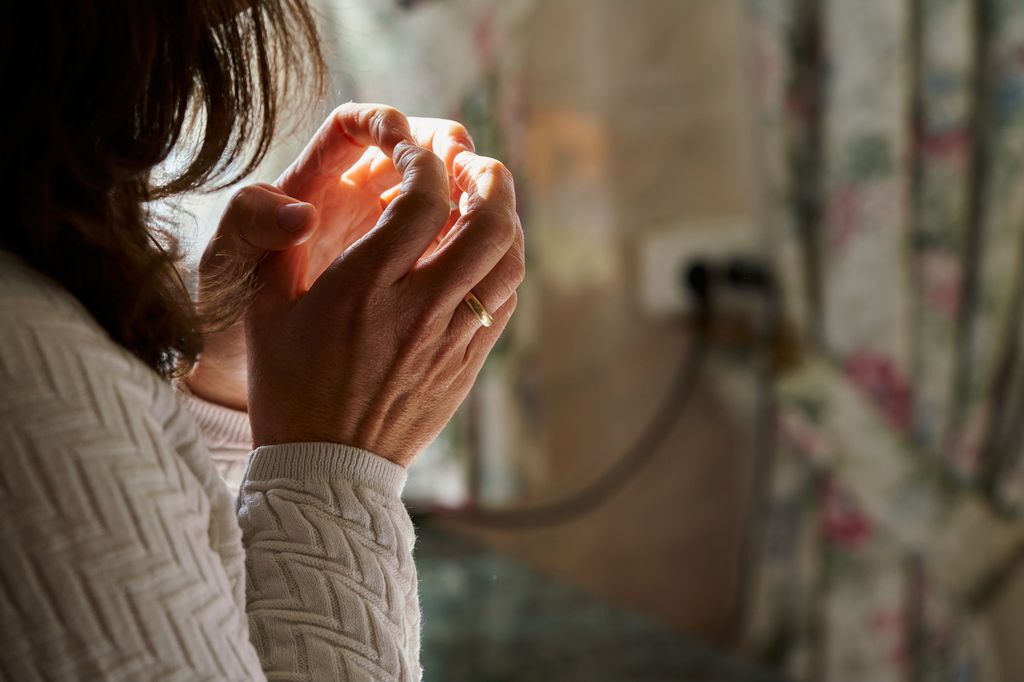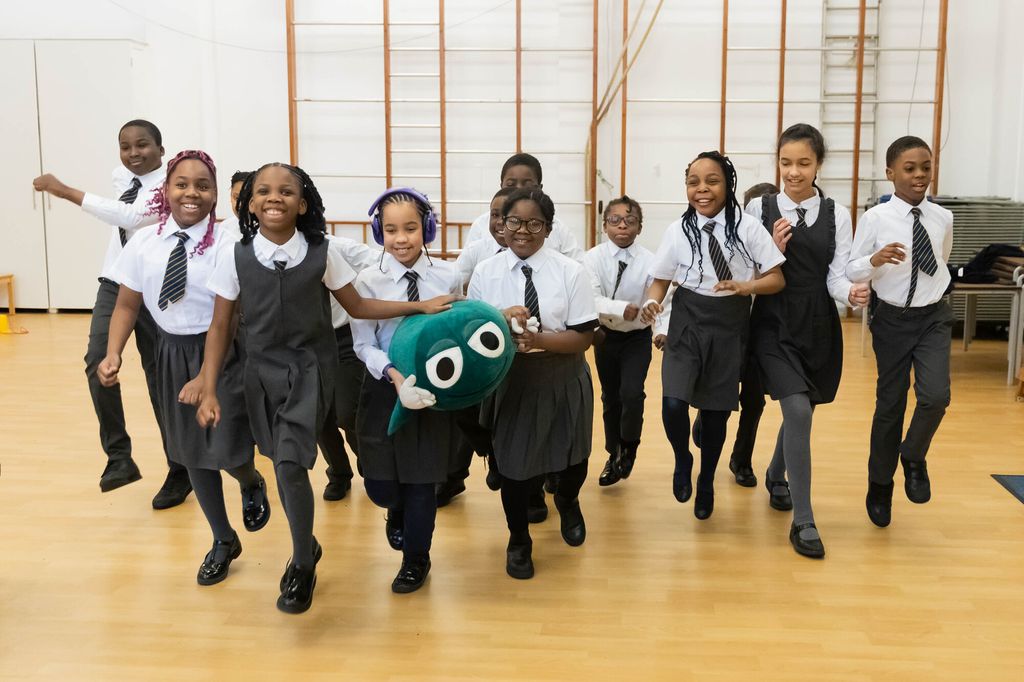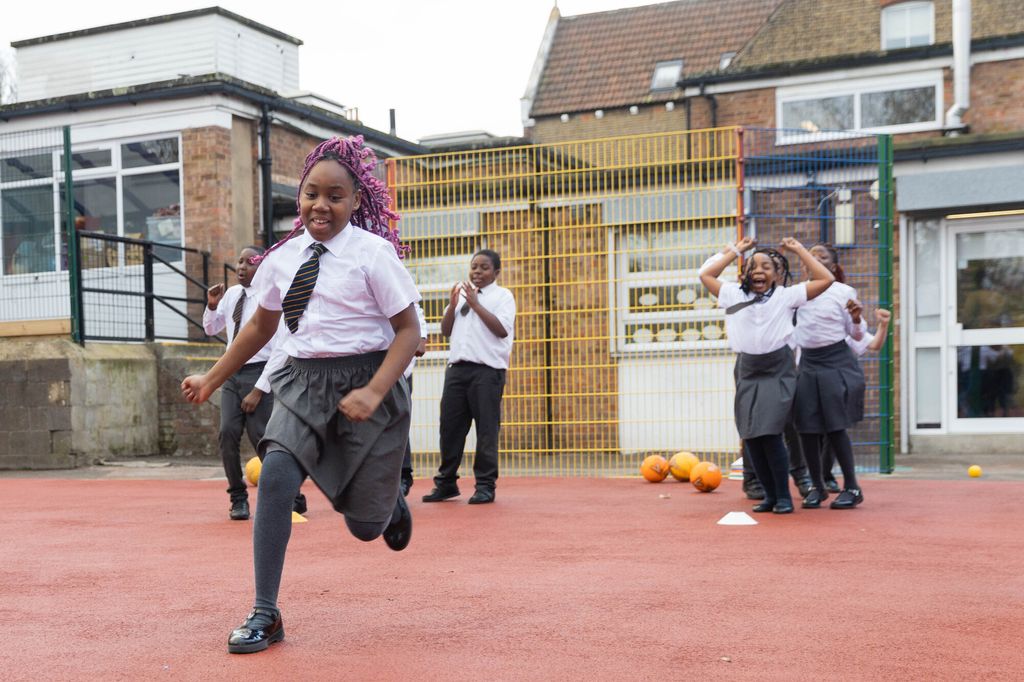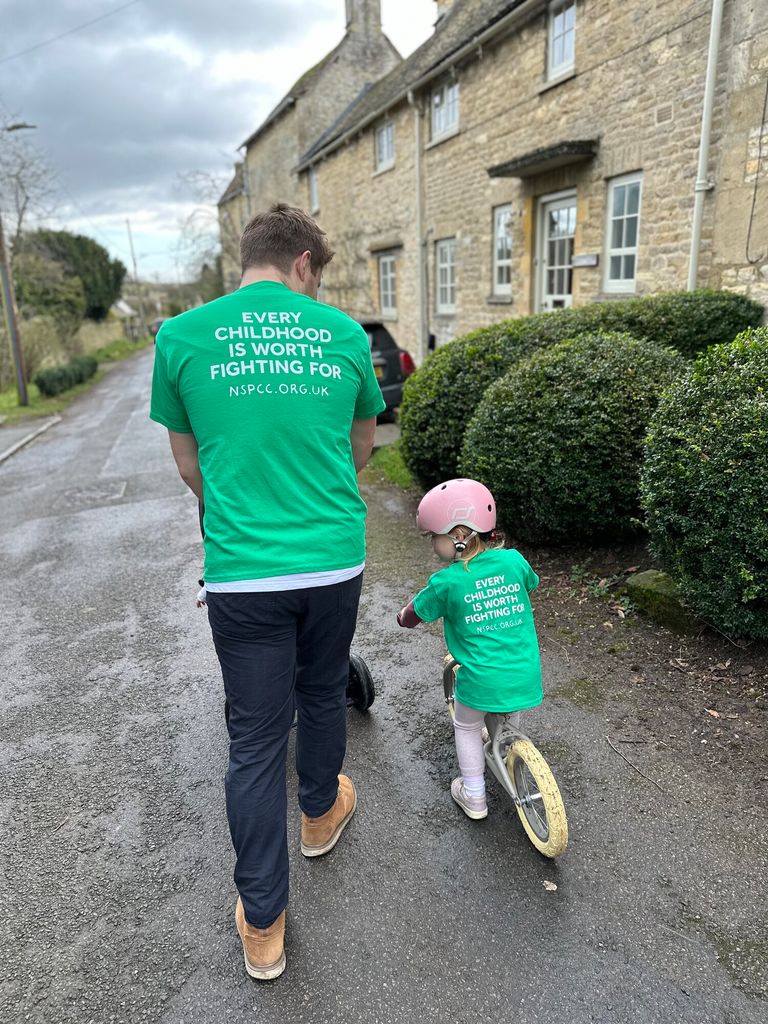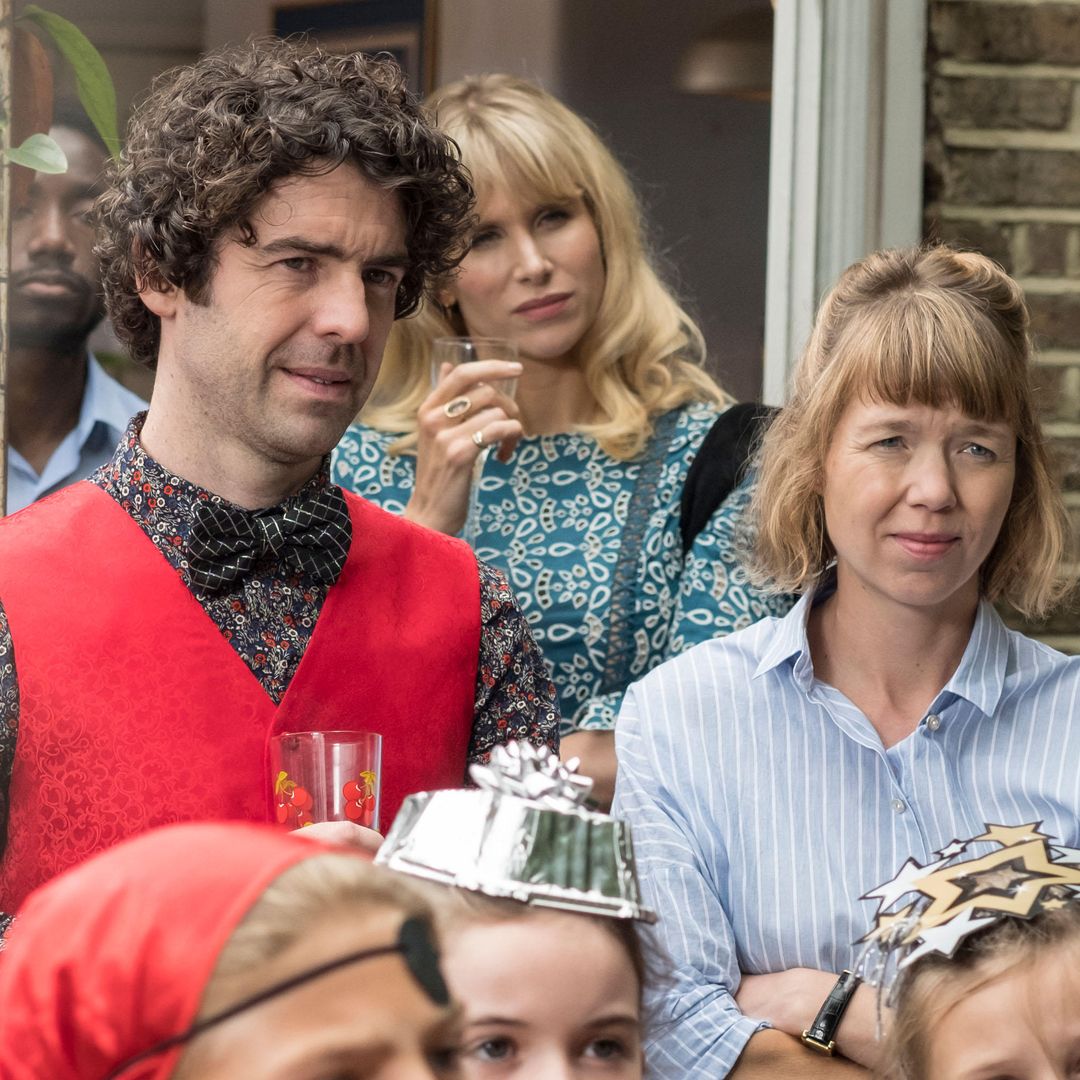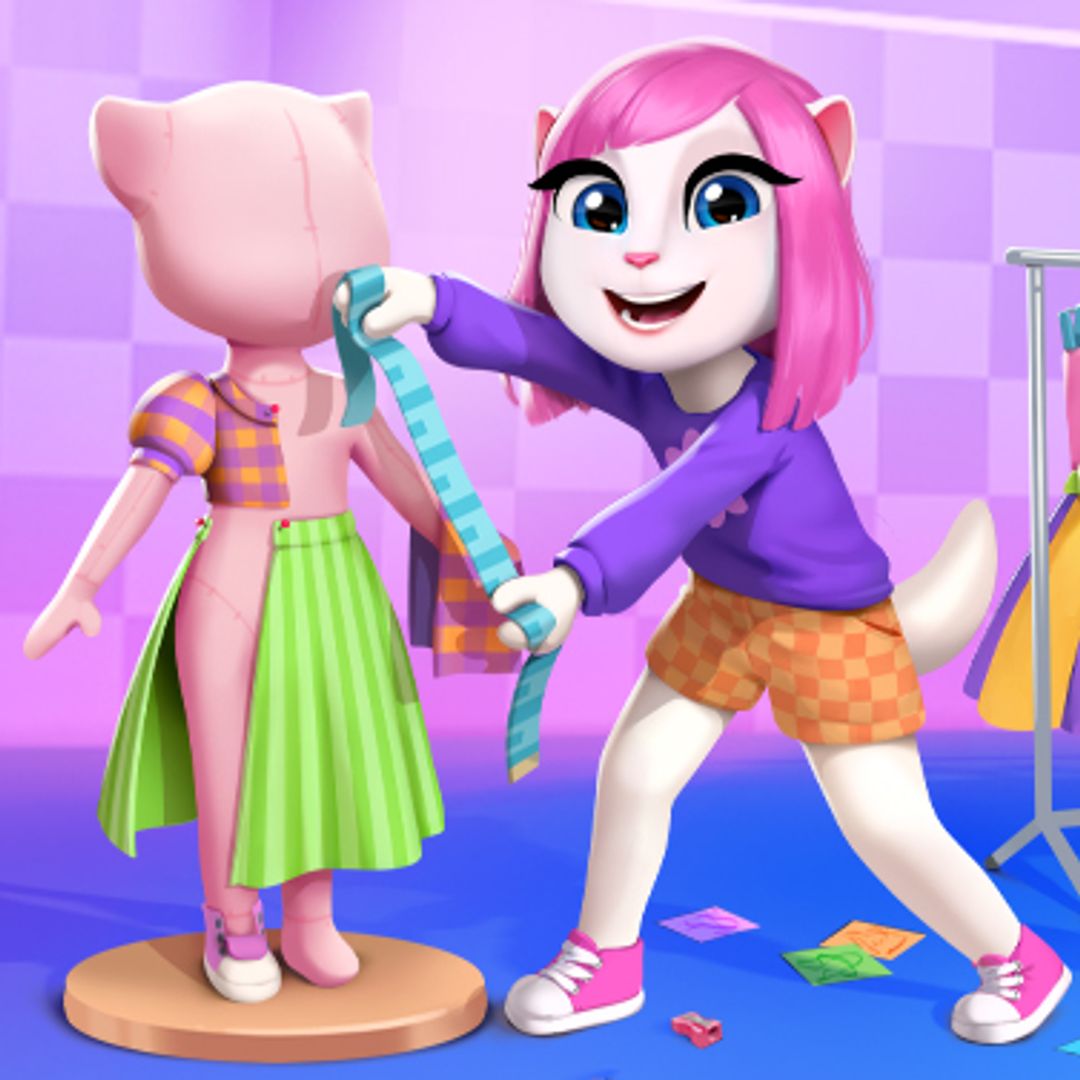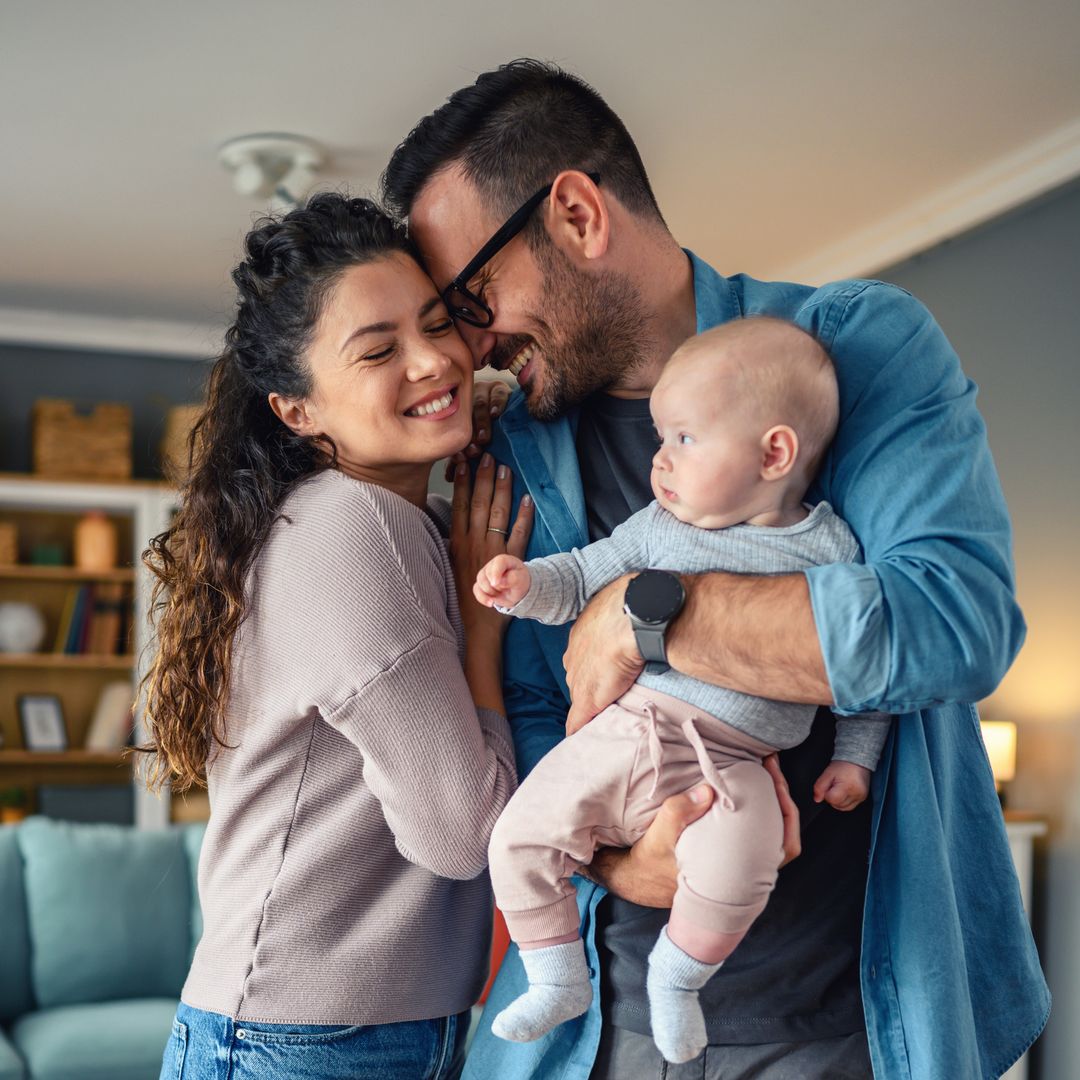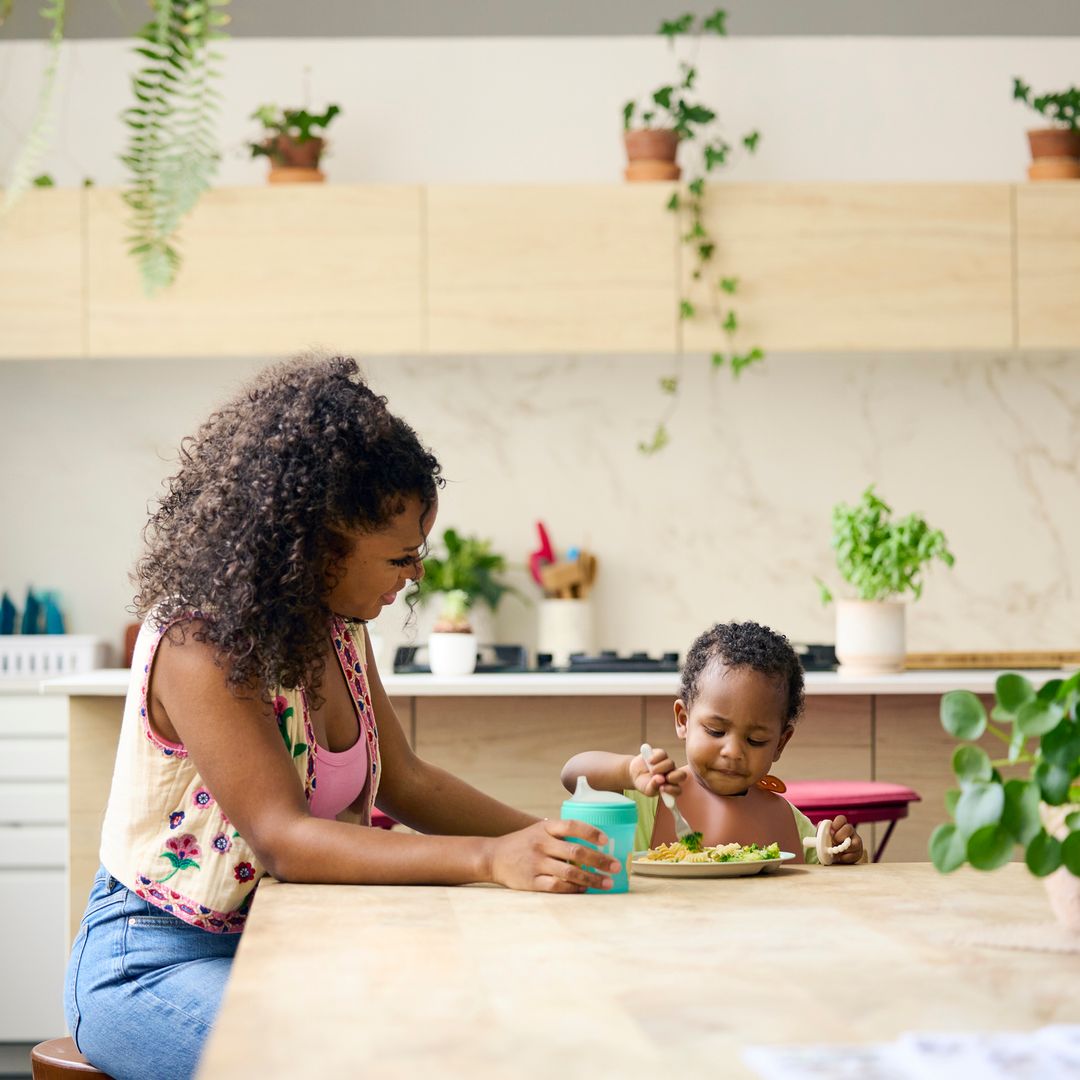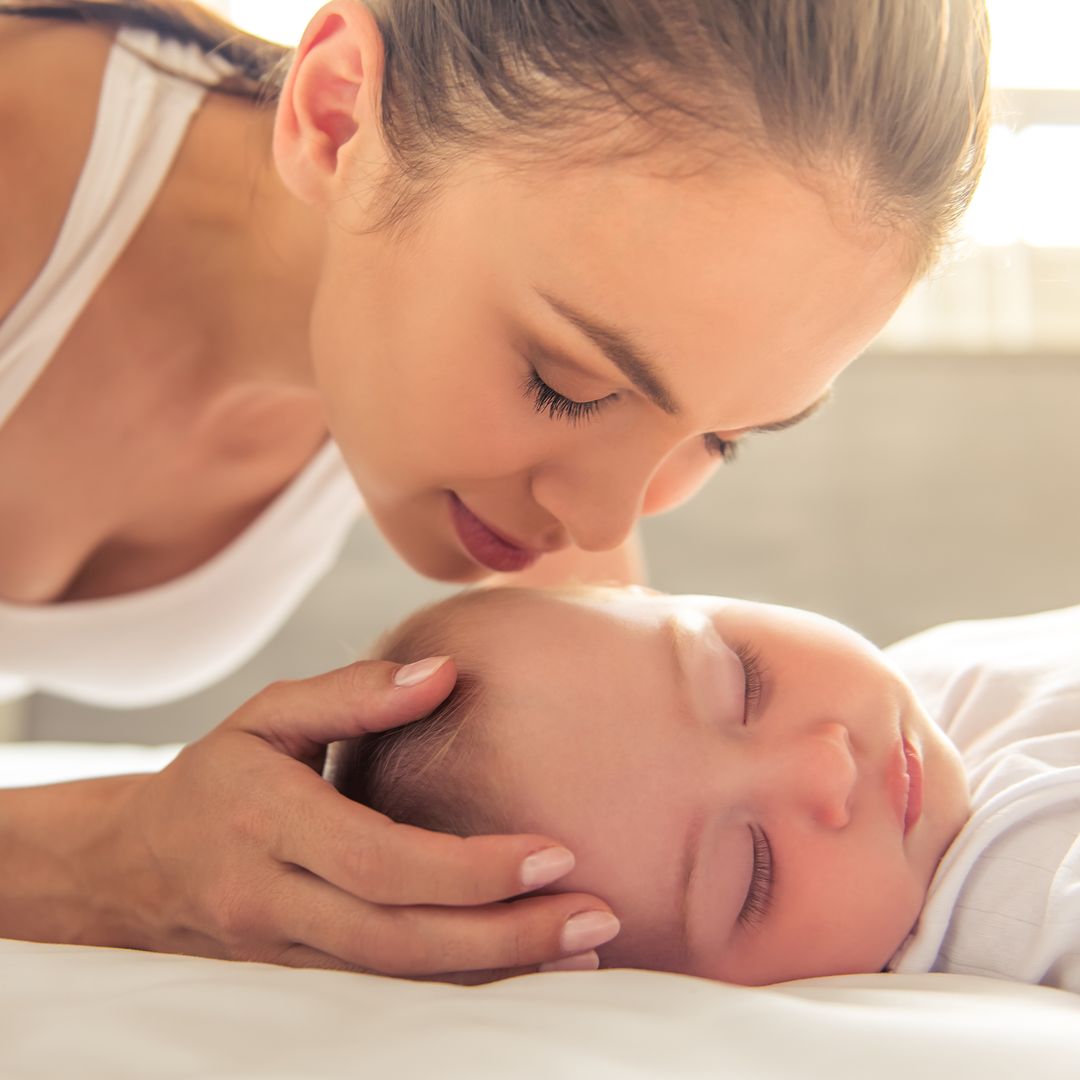Trigger warning - this story contains references to and details of child abuse.
All any of us can hope for our children is that they can grow up carefree in the safety of a supportive and loving home. For many, this is wholly reflective of their first 18 years. However, there are times when this is sadly not the case, something that rings true for NSPCC Real Life Story Volunteer Caroline*.
At a panel hosted by journalist and NSPCC campaigner for childhood, Pandora Sykes, the incredibly brave Caroline, 51, shared her story of childhood emotional abuse, shedding light on the impact it has had on her life as she raises awareness for the NSPCC's Childhood Day on 7 June.
Recalling her childhood
If you had to picture abusive parents, many minds would go straight to physical abuse. They might think of abuse which inflicts bodily pain and leaves a physical trace. However, Caroline's experience uncovers the insidious reality of emotional abuse which can often fly under the radar.
"For many years I really had no memories of what went on and it was only when I started having therapy that it started to come back," she admits, explaining that she experienced emotional abuse from both parents.
Reflecting on the temperament of her father, Caroline says: "He was very rageful and I was the outlet for that rage that could explode at any given moment with no warning whenever I strayed from perfection."
"He was very rageful and I was the outlet for that rage that could explode at any given moment"
She explains this could come in the form of spilling a drink and making a mess through to underperforming in a school exam. "If I was shy, he would explode in a rageful outburst, fist pump and redfaced and looming over me," she remembers.
Caroline likens her father to a raging gorilla and says that not only would he hit her, but he would call her derogatory names and then shame her if she cried. "I thought it must have been my fault, that I did something to deserve it," she says.
Her parents divorced when she was seven and spending time at her mother's house certainly provided no respite from the abuse she suffered at the hands of her father. The NSPCC Real Life Story Volunteer recalls calling her mother from her father's house in tears and getting little emotional response.
"She is a textbook narcissistic mother," Caroline recalls. "If I expressed distress or anger, I was immediately shut down and punished very frequently with the silent treatment." Oftentimes, Caroline was sent to her father's by her mother as punishment.
"[My mother] wouldn't directly call me names, but she would undermine me, invalidate me and not show any interest, dismiss me, and make me doubt myself and my worth."
Seeking help
Unfortunately, Caroline's experiences came before the days of Childline, the service run by the NSPCC which offers a listening ear to children in need. She says she tried to tell a teacher about the emotional abuse she was experiencing but it was her mother's version of events that was taken into account.
Shaping the adult she has become
The impact of the emotional abuse Caroline experienced didn't wane as she entered her teenage years and into adulthood. She remembers going through adolescence not knowing who she was, or what she wanted and eventually going to university to study Economics as that was what her father deemed a worthwhile path.
The treatment from her parents also impacted her relationships with her peers. "I couldn't enter a relationship that warranted intimacy or emotional response," she recalls. "A wave of discomfort would come over me and I had to get away. I didn't know how to be vulnerable. I didn't have a blueprint for developing a secure relationship."
Caroline experienced spells of depression in her twenties and developed OCD while she was working in a lab which culminated in a fear of the carcinogenic substances she was working with.
"I've always battled with feelings of not being good enough, [that is] why I never fulfilled my potential until I went into therapy," she tells us. "I'm definitely not there but I'm working towards it."
Reflecting on parenthood
Caroline isn't a mother herself but is able to reflect on her own experiences and the support she wishes she had been offered by her parents. She tells us: "Children benefit hugely from being heard, validated, and taught that they matter. Let them express, and show interest in what they think and enjoy.
"All emotions, whether yours or your childs, are valid as long as they are expressed healthily," she continues. "Of course, if a child has done something wrong then they must be told, but in a respectful and constructive way. And remember, there is no such thing as a perfect parent. 'Good enough' parenting is the goal."
Supporting Childhood Day
Caroline shares her story to raise awareness for the NSPCC who exist to support children who find themselves in situations like Caroline was in all those years ago.
Childhood Day on 7 June is an annual flagship day to raise awareness and fundraise for the charity. Childline costs £40,000 per day to run so every penny counts. You can raise money this Childhood Day by traveling a mile your way, through to organising bucket collections and bake sales.
Taking part and raising any money you can will ensure the maintenance of the service that continues to be a lifeline for so many children and young people.
*name has been changed
To find out more on how to get involved in Childhood Day including taking part in the Childhood Day Mile or volunteering at a fundraising collection, visit www.nspcc.org.uk/support-us/charity-fundraising/childhood-day/

